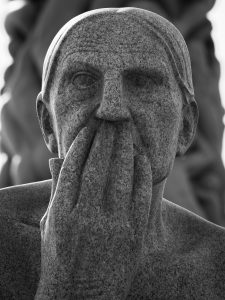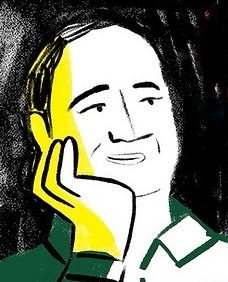 According to the Statistisk sentralbyrå, individuals above sixty-five years already represent 12.3 per cent of the population in the capital of Norway. In absolute terms, older persons in Oslo account for some 44 000 women and 33 000 men, representing 57 per cent and 43 per cent of the older persons group, respectively.
According to the Statistisk sentralbyrå, individuals above sixty-five years already represent 12.3 per cent of the population in the capital of Norway. In absolute terms, older persons in Oslo account for some 44 000 women and 33 000 men, representing 57 per cent and 43 per cent of the older persons group, respectively.
By 2025, the share of older persons living in Oslo will increase to 13.2 per cent, and by 2040 older persons will represent 16.6 per cent of the total population. Not only will the share of older persons increase, but this group will also grow older, with a reduction of the share of the youngest cohorts and an increase of the older ones. By 2040, the age group 70-89 will represent 55 per cent of the older persons’ population in Oslo, a significant change vis–à–vis the current 43 per cent.
While the use of quantitative tools might give us the impression that the issue of ageing is easily reducible to a certain age cut-off, it can be argued that life periodization and the relations among generations involve both biological and socio-cultural aspects, with strong symbolic connotations and expressed through rituals that mark boundaries between ages or the passage from one stage to another in the life cycle.
On one hand, age is a critical element in the social organization of individuals and an important tool for understanding, assessing and defining policies, such as the allocation of certain social benefits and the focus on specific needs.
On the other hand, like any other classification, the term “older person” simplifies the heterogeneity of this segment and therefore is is susceptible to including individuals who do not require such policies or to exclude those who need them. Another consequences of the use of age to define older persons is that society creates expectations about the social roles of those with such a status and this may lead to exertion of various forms of coercion to fulfil such roles, regardless of the particular characteristics of individuals.
So… How old is old in Oslo?
